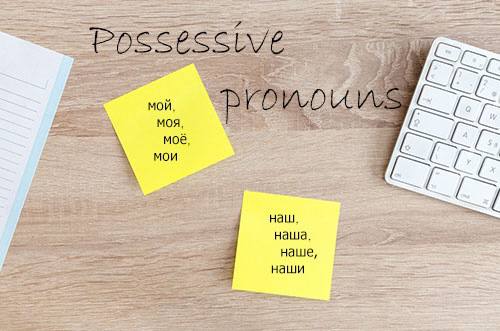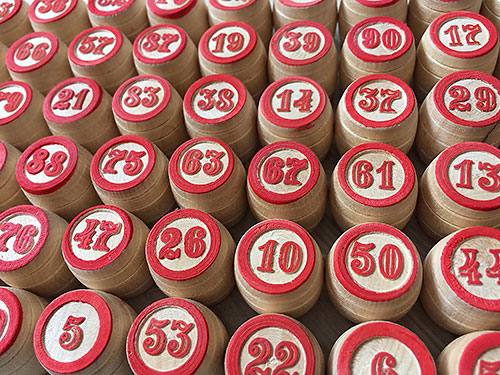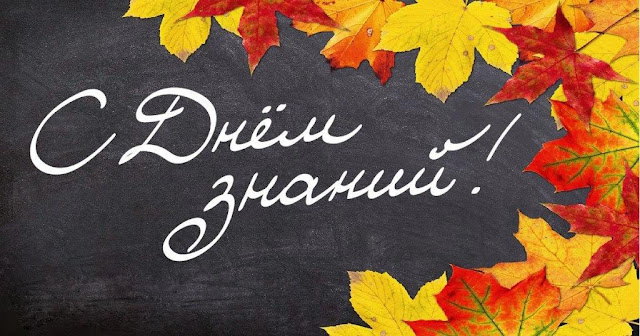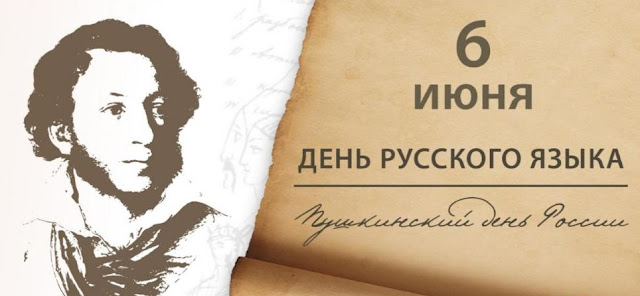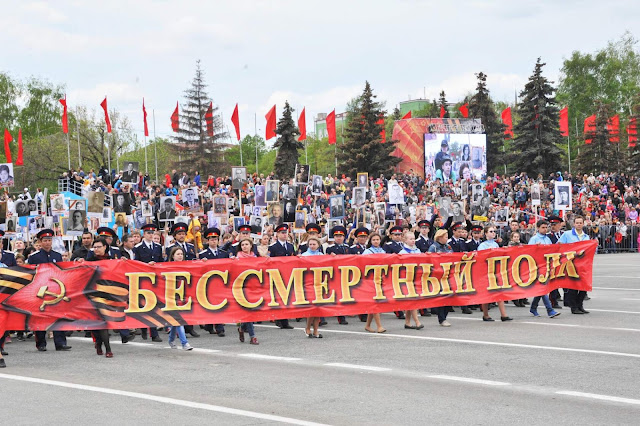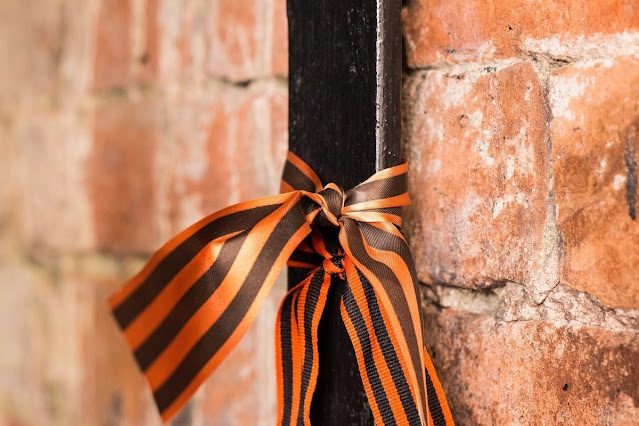Moscow metro
Moscow is a big metropolis, a capital with own problems - traffic jams. And so the most convenient transport is the metro.
"Great and powerful" Russian language and Alexander Pushkin
The popularity of the Russian language is growing every day. People of all generations and all nationalities are increasingly showing interest to the Russian language.
Today we want to talk about the Day of Russian language - June 6. This holiday has appeared not so long ago - since 2011. And since 1997 this day was celebrated Pushkin's Day - the birthday of the famous Russian poet and writer, who in fact created the modern literary Russian language.
"Pushkin: The Last Duel" (2006, directed by Natalia Bondarchuk) is a Russian film about the last days of the writer's life. A fascinating story with a political version of the duel.
Pushkin and Natalya had 4 children (2 boys and 2 girls) - Maria, Alexander, Gregory and Natalia . Today the last direct descendant (on the male line) of the writer - Alexander Pushkin - lives in Belgium.
Some more facts about Alexander Pushkin ↙
Some facts about the Russian language
Russian language is one of the East Slavic languages, in the sixth place in the world's distribution and the state language of Russia.- about 260 million people speak Russian, including 137.5 million people from Russia;
- one of the UN working languages (together with English, French, Spanish, Chinese and Arabic);
- state and official language not only in Russia, but also in Belarus, Kazakhstan, Kyrgyzstan, Abkhazia, Moldova, Romania;
- in space they speak Russian (!) and all astronauts must know the Russian language;
- on the second place on the Internet;
- one of the most difficult languages for learning (not even every Russian competently speak Russian);
- "great and powerful", as well as "truthful and free" these words wrote Ivan Turgenev (Russian writer of the 18th century) about Russian language.
Until the 18th century, in the Russian Empire, the Russian language was spoken mostly by poor people, peasants and merchants, noblemen and rich people sought to speak French. But Pushkin wrote his works exclusively in Russian and tried to use foreign words less. Perhaps, that's why Alexander Sergeevich is considered to be the founder of the modern literary Russian language. ;)
Some words about Alexander Sergeevich Pushkin (1799 - 1837)
There are many books, articles, stories and memories about famous writer. We tried to collect the most interesting facts from the writer's life.
- wrote poems, novels, stories, plays and fairy tales (more than 800 works in 37 years of life!);
- was born in Moscow, but he named St. Petersburg as his native and beloved city;
- he knew and spoke many languages - French, Greek, Latin, German;
- loved gambling and dueling - in total Pushkin participated in 27 duels and basically he himself called out rivals;
"Pushkin: The Last Duel" (2006, directed by Natalia Bondarchuk) is a Russian film about the last days of the writer's life. A fascinating story with a political version of the duel.
- Pushkin met Natalia Goncharova in 1828, a Moscow beauty and his future wife, when she was 16 years old.
Pushkin and Natalya had 4 children (2 boys and 2 girls) - Maria, Alexander, Gregory and Natalia . Today the last direct descendant (on the male line) of the writer - Alexander Pushkin - lives in Belgium.
Some more facts about Alexander Pushkin ↙
Pictures from pixabay.com, yandex.ru.
👉
Russian
Victory Day (9 May)
Victory Day (May 9) in the Great Patriotic War (1941-1945).
In Russia and in some post-Soviet republics, Victory Day is celebrated on May 9 since 1945.
The Act of unconditional surrender of Germany was signed on 8 May at 22 hours 43 minutes (in Moscow it was already May 9 at 0:43).
"Comrades! The Great Patriotic War ended with our complete Victory! The war period in Europe ended. A period of peaceful development began.
With the Victory you, my dear compatriots and compatriots!
Glory to our heroic Red Army, who defended the independence of our Motherland and won victory over the enemy!
Glory to our great people, the victorious people!
Eternal glory to the heroes who fell in battles with the enemy and gave their lives for the freedom and happiness of our people!"
After Stalin's speech, people went to the centers of cities and congratulated each other with the Victory! It was the happiest and long-awaited day for all. There was no parade on this day. The soldiers have not returned from the front yet. But everyone was happy.
The first military parade on Red Square was held on June 24 in 1945. The next parade took place only 20 years later in 1965 and after it was passed almost every year on May 9 in Hero cities.
It's difficult to get to the parade itself now, but the rehearsals can be seen a few days before the parade.
Every year, soldiers of various troops, military equipment (old and modern) and aircraft equipment (sometimes they cancel flights of airplanes due to bad weather) take part in the parade through Red Square.
Victory Parade 2021 you can watch online ↙
Every year, soldiers of various troops, military equipment (old and modern) and aircraft equipment (sometimes they cancel flights of airplanes due to bad weather) take part in the parade through Red Square.
Victory Parade 2021 you can watch online ↙
After the
parade, people lay flowers - usually carnations - to the Tomb of the Unknown
Soldier (in Moscow), to monuments of glory and military valor, to memorials. Everyone congratulate veterans,
participants of the Great Patriotic War.
The action "Immortal regiment" appeared in Tomsk. Every year new cities and countries take part in this action. Participants in the action carry portraits of their relatives who fought, were in the rear, were captured or were born during World War II. All this symbolizes the participation of those in the parade on Victory Day. Today, the action "Immortal Regiment" already takes place in 80 countries, anyone can take part in it.
Another
important symbol is the St. George ribbon. A few days before the
holiday the symbol is given to eneryone on the streets of
cities not only in Russia, but all over the world.
There is one more tradition - a Minute of Silence at 7 pm (TV and radio broadcast) - a
tribute to the memory of those who perished during the Great Patriotic War.
Before a moment of silence, the announcer reads military verses and remembers
the dead in the war.
The day
ends with a festive salute (fireworks) at 22 o'clock.
Pictures from pixabay.com, moypolk.ru.
Pictures from pixabay.com, moypolk.ru.
👉
Russian












